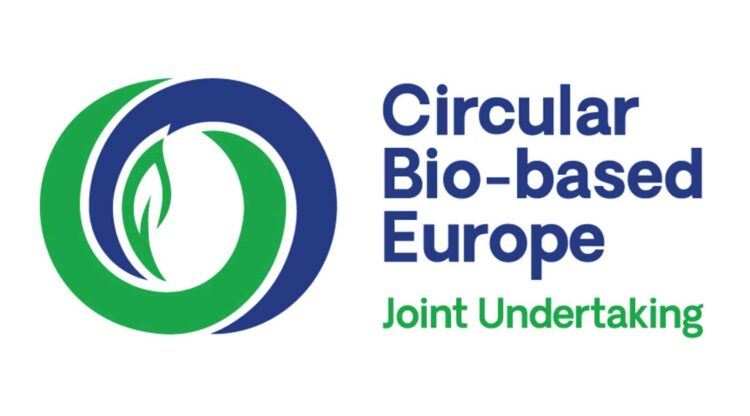
-
Engineering and technology
- Environmental technologies
Livestock farming is a crucial pillar of the rural economy in Europe. However, it also causes pollution with a significant impact on air
quality and climate change. Europe annually produces over 1.4 billion tonnes of manure, with cattle contributing 75%, and pig and
chickens representing 12% each. Livestock is by far the main primary European sub-sector responsible for NH3 (~1.5Mt/y) and CH4
(~166Mt/y) emissions. Despite many efforts in the past decades, current manure management and disposal on farmland as fertilizer
still poses significant pollution problems such as soil degradation, eutrophication of surface waters and pollution of groundwater. In
this vein, new opportunities are foreseen for small-scale biorefineries, which have the potential to provide diversification
opportunities to the rural actors. In this context, ManuREfinery aims at deploying a smart, modular, mobile and sustainable small-scale
decentralised biorefinery that will convert livestock manure into added value biobased feed (microbial protein, caproic acid, proteinenriched grass cake) and bioingredients (sodium nitrate, ammonium bicarbonate, p-rich ashes) for fertilisers.
The Manurefinery solution exhibits high scalability/replicability potential by integrating:
1) Advanced thermo- and bio-chemical modular and mobile feedstock conversion units.
2) Digital twin and data science for multicriteria decision making and process optimization, upscaling and replicability.
3) Sustainability (economic, social, environmental) and circularity assessment framework.
4) Strategies to boost the engagement of livestock stakeholders and enhance social acceptance of the solution.
5) New, sustainable and replicable business models for income diversification in the livestock sector.
ManuREfinery will be demonstrated at TRL 6-7 in 2 pig farms (Romania and Spain), 1 cow farm (Slovenia) and 1 poultry farm
(Romania), thus fostering the transition of CEE regions towards a sustainable bieconomy